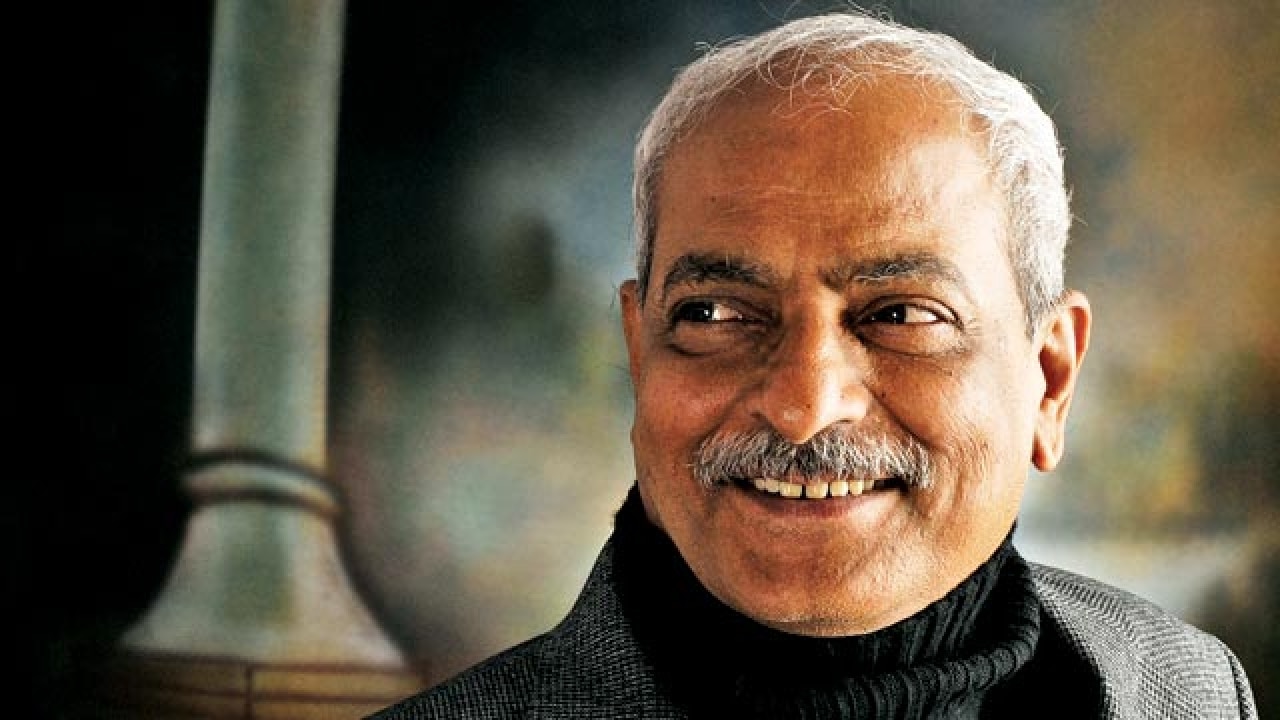
I really don't know. I've seen many films that are pure theatre and yet they work. Bergman's After the Rehearsal, for instance. It all depends on how the text is handled. The text of Sonata is a play text It has been done in many languages and has always worked beautifully, on stage. Had Aparna (Sen) only directed the film and not acted in it, she might have had a director's perspective, and Sonata might've turned out differently.
Aparna has introduced a bai and a transgender character in the film, right at the start of the film. They're peripheral and don't become a part of the text, but they weren't there in the original text. They are grafted on the text by the director. Aparna had talked to me about it, she had her own rationale for doing it and although I had strong reservations about it, I conceded because I have trust in her integrity as a creative artist and her capabilities. I still do.
I don't even remember. Those two films were more than 32 years ago. History.
I don't think so. I'm not keen either. Not unless I am convinced of the sensitivity and the ability of the director. Even then, I'd like to keep complete control when it is being filmed, if at all. They do make changes a lot, you know, often unwarranted and they are not always sensible changes.
There must've already been a playwright in me. Tendulkar's play sort of awakened him. But equal credit must go to Vijayabai (Vijaya Mehta) also. It was she who unfolded for me the magic of theatre. Had I just read a Tendulkar text, it perhaps might not have happened. Nobody makes you what you are. If it is there in you , any accident can trigger it off.
It was not just these people. There was change everywhere when I came on the scene. The entire literary atmosphere was pervaded with this newness, this desire to experiment and to be contemporary. Marathi poetry, short story and novel had already created a new sensibility and that spilled over in our theatre. BS Mardhekar was instrumental for this renaissance and he radically changed the face of all Marathi literature decisively. That influenced our theatre also.
I was working so far away from the theatre centers, almost in isolation. I did not really care for any validation from anybody. I enjoyed what I was doing and that was enough for me. It remains so even now.
Patriarch! Don't be ridiculous. You make me feel like an old doddering stick. Coming to social responsibility, I think a writer's responsibility is to his writing. Isn't it big enough? I do not see myself as a crusader of any sort.
Somebody somewhere made this completely baseless observation years ago and it has stuck. It is a very incorrect observation. I've not consciously thought of 'exposing the hypocrisies of the middle class'. I was more interested in the inner workings of individual minds. I was once branded as a regressive writer because I wrote about the private aches and pains of ordinary individuals. But our so called critics aren't happy unless and until they put you in some easily available slot.
It is always the content that dictates the form. I've never consciously 'chosen' a particular genre and crammed my material in it. Far from it. That also means that I don't prefer this style or that style. It all depends on the nature of the experience the text is trying to express.
Should I take an offence? Is my integrity being questioned here?
Yes and no. Sometimes one creates these silences deliberately. It is a part of the craft. But many times, they get created on their own as the writing progresses. All this is difficult to explain.
Why should I? English is an acquired language for me, totally alien and although I love it, I don't have the same bond with it as Marathi. And Marathi is rich enough to satisfy all my intellectual, emotional, creative needs. Why'd I want to write in a language which is not mine?
No. I will not dismiss either them or anybody else writing in English. It is a matter of personal choice and it should be respected.
This is a bit too academic for me. I will have to write an essay. I don't even know if I have the capability to do so.
Stature? Recognition doesn't always come to people of stature. There are better writers than me in Marathi and they are unsung. Fame and stature are different things. Gulzar is more known than Vishnu Khare or Chandrakant Deotale. As for me, I've been given the highest awards a playwright and a writer can get. How these things are decided surprises me.